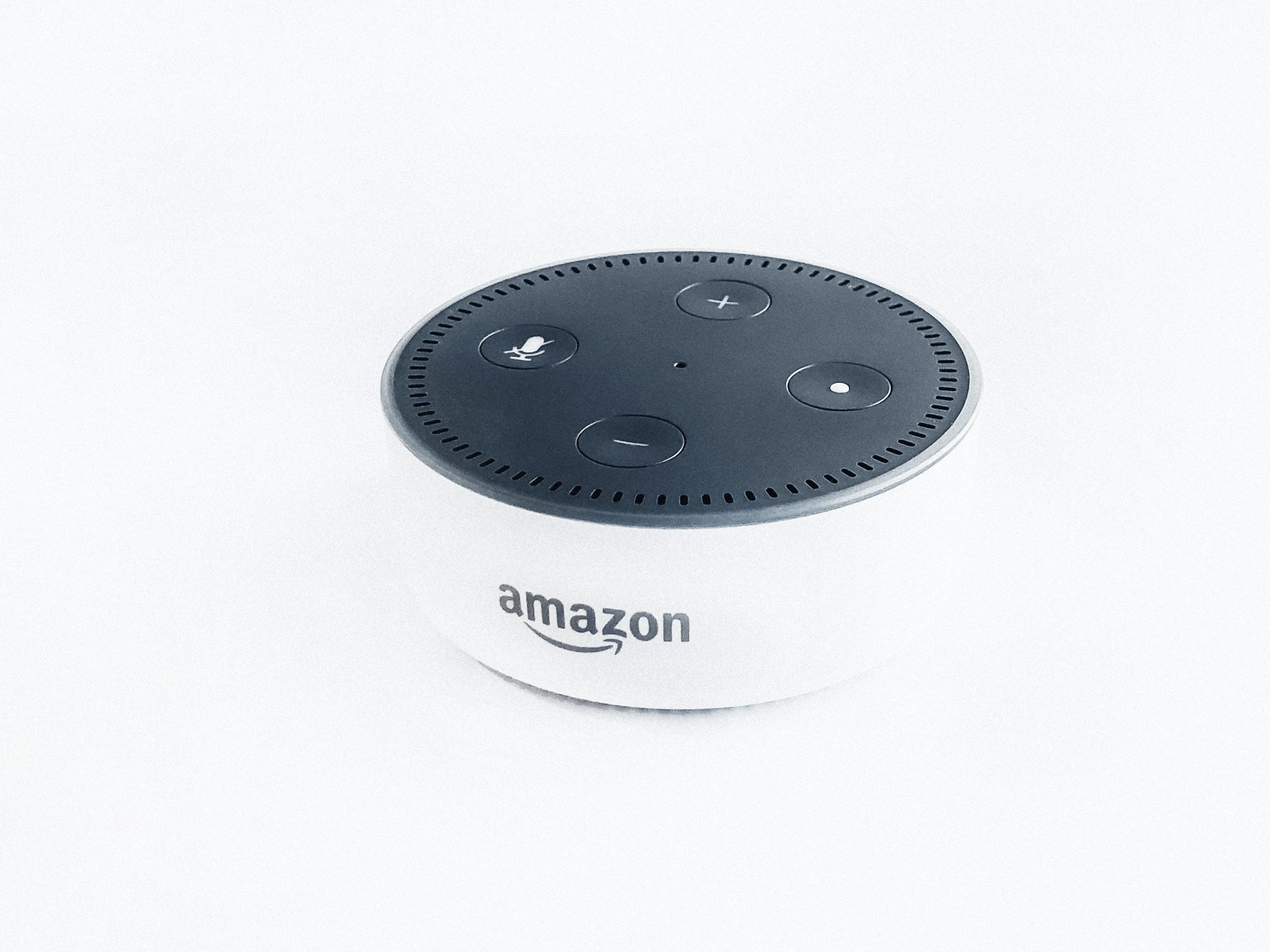From the moment Alexa hit the market, it seemed like the future had finally arrived. The idea of having a personal assistant always on hand to help with tasks and answer questions was thrilling – but as time has passed, some have begun to feel let down by what they see as unfulfilled promises. In this post, we’ll be taking a closer look at Alexa’s evolution and examining where it may or may not have fallen short of expectations. Whether you’re an avid user or just curious about virtual assistants in general, this is one conversation you won’t want to miss!
The Hype of Alexa
When Amazon first released the Echo in 2014, it was met with a lot of hype. People were excited about the idea of a voice-activated assistant that could do things like play music and answer questions. However, as time has gone on, that initial hype has given way to some disappointment.
One of the biggest complaints about Alexa is that she often doesn’t understand what people are saying. This is due to the fact that she relies heavily on keywords and often doesn’t pick up on context clues. As a result, people have found themselves getting frustrated with her when they can’t get her to do what they want.
Another issue people have with Alexa is that she doesn’t always provide accurate information. This is especially true when it comes to questions about the weather or traffic. Alexa will sometimes give an answer that is different from what other sources are saying, which can be frustrating for users.
Finally, some people have found that Alexa isn’t always reliable. There have been times when she has gone offline or stopped responding to commands altogether. This can be frustrating for people who are trying to use her for tasks like setting alarms or adding items to their shopping list.
Overall, there is a lot of hype surrounding Alexa but many people have found themselves disappointed with her performance. While she has some useful features, her limitations make her more difficult to use than many people would like.
The Reality of Alexa
The much-anticipated voice assistant from Amazon, Alexa, was finally released in November 2014. However, many users were disappointed with its performance. Here are some of the key problems with Alexa:
1. Limited functionality: Alexa only works with a limited number of devices and services. It cannot perform complex tasks such as booking a table at a restaurant or ordering a taxi.
2. Poor voice recognition: Alexa often struggles to understand what users are saying. This is especially frustrating when trying to give it complex commands.
3. Lack of third-party support: There are very few skills or apps available for Alexa. This limits its usefulness compared to other voice assistants such as Siri and Google Assistant.
4. Limited international support: Alexa is only available in a handful of countries, so users in other parts of the world cannot experience its full potential.
5. High price: The Echo device which is required to use Alexa is quite expensive, putting it out of reach for many consumers.
The Disappointments of Alexa’s Evolution
The disappointments of Alexa’s evolution are many. Here are some of the most common ones:
-Lack of consistent experience: Different devices from different manufacturers often have very different experiences with Alexa. This makes it hard to get a consistent experience with the voice assistant.
-Inconsistent voice recognition: Another common complaint is that Alexa often doesn’t recognize voices very well. This can be frustrating when trying to use the voice assistant for tasks like setting alarms or adding items to lists.
-Limited skills and integrations: While Alexa has a growing number of skills and integrations, there are still many things that it cannot do. This can be frustrating for users who want to use the voice assistant for more than just basic tasks.
-Privacy concerns: Some users worry about the privacy implications of having an always-on microphone in their home. Amazon has addressed some of these concerns by allowing users to delete their voice recordings, but the concerns still remain for some people.
Conclusion
Despite its initial hype and expectations, Alexa has been unable to live up to the lofty standards people had set for it. From a lack of real-world applications, to privacy concerns that have made some people wary of its use, Alexa’s evolution from hype to reality has been filled with disappointments. While there is still potential for it to become the revolutionary tool that was once envisioned, at this point in time Alexa remains far from reaching its full potential.




